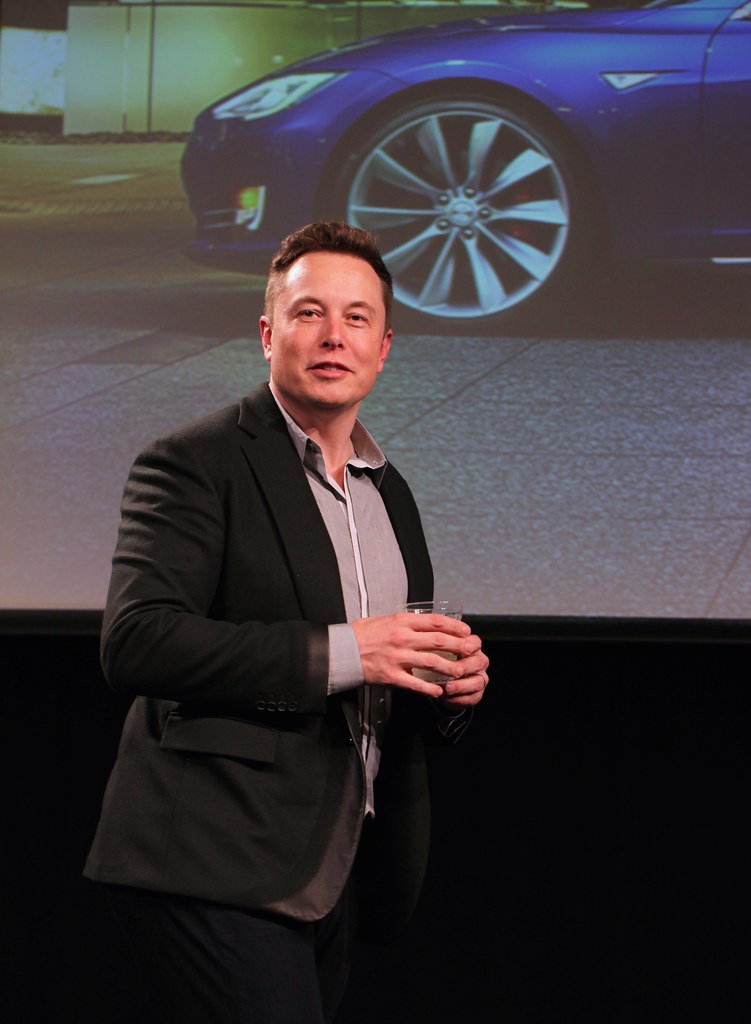
Tesla Approves Substantial Interim Award for Elon Musk
New York — Tesla’s board has once again approved a substantial compensation package for Chief Executive Elon Musk, announcing an award valued at approximately $29 billion. This decision comes months after a Delaware court twice rejected Musk’s larger 2018 performance award following a protracted shareholder lawsuit, a decision Musk is currently appealing.
In a letter to shareholders, Tesla stated that Mr. Musk “has not received meaningful compensation for eight years” and emphasized that its “legal efforts continue” to reinstate the 2018 pay package. The company acknowledged that there is “no clear timeline for resolution” for the ongoing court case. Following the announcement, Tesla shares, which had fallen 25% this year, rose nearly 3% in premarket trading, reflecting immediate market reaction.
The newly approved “interim award” consists of 96 million shares of restricted stock, valued at roughly $29 billion based on the stock’s trading price of just over $300 per share. Mr. Musk will pay $23.34 per share, matching the exercise price of the 2018 package. Tesla clarified that the award is structured to prevent a “double dip” scenario: if the Delaware courts fully reinstate the 2018 award, this interim award “will be forfeited or returned or a portion of the 2018 CEO Performance Award will be forfeited,” ensuring no duplicate compensation.

Structure and Terms of the Interim Award
The interim award, approved with recusals from Mr. Musk and his brother Kimbal, is set to vest over two years, with a required five-year holding period post-vesting, underscoring a commitment to long-term engagement. The grant is also structured to “incrementally increase” Musk’s voting rights upon receipt, which he has emphasized as critical for maintaining focus on Tesla’s trajectory.
This award was granted under Tesla’s 2019 Equity Incentive Plan, allowing the company to bypass a new shareholder vote since the plan had prior approval. Legal experts have noted the unusual application, with University of Colorado Law professor Ann Lipton observing that “no one thought the 2019 plan would apply to Musk at the time.” Tesla’s 2019 statement proposing the plan had intended the 2018 CEO Performance Award to remain Musk’s exclusive form of compensation until it concluded, expired, or terminated.
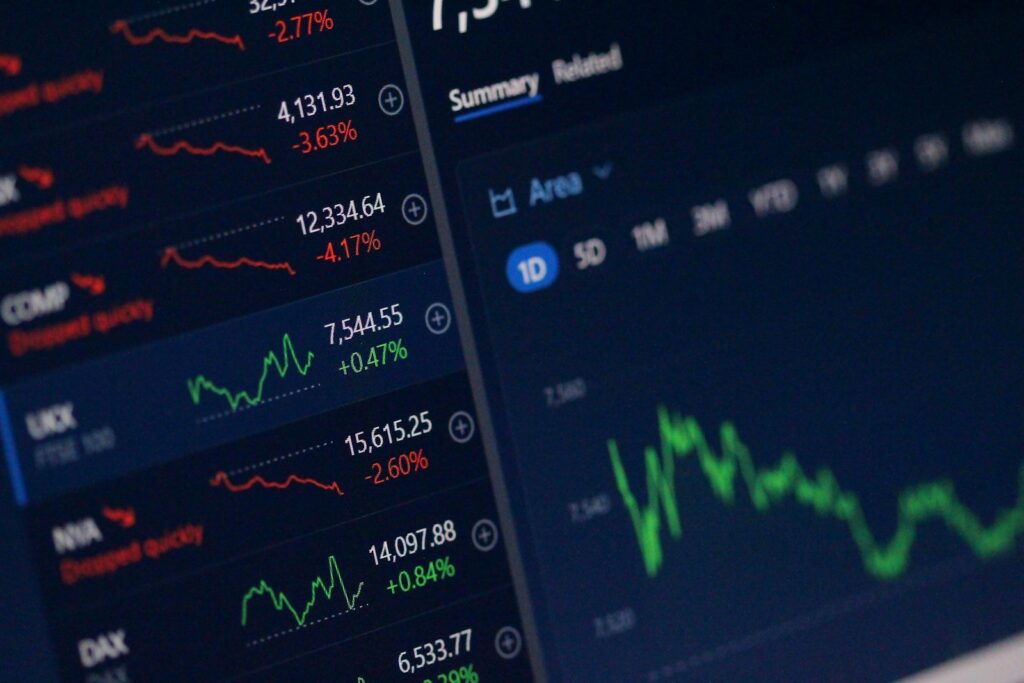
Background on the 2018 Performance Award
The 2018 package, potentially valued at $56 billion and about $46.8 billion in June, was voided by the Delaware Court of Chancery. Judge Kathaleen St. Jude McCormick ruled in January 2024 and reaffirmed in December 2024 following a shareholder lawsuit. The judge concluded that Musk “engineered the landmark pay package in sham negotiations with directors who were not independent” and rejected a plaintiff attorney fee request of over $5 billion, awarding $345 million instead.
Tesla shareholders re-approved the 2018 plan in June 2024, but Judge McCormick rejected it again in December 2024, citing issues with board independence and the negotiation process. Despite legal challenges, Tesla board members Robyn Denholm and Kathleen Wilson-Thompson defended Musk’s prior contributions, stating that his leadership generated transformative growth and significant shareholder value, noting the 2018 award brought about $735 billion in market capitalization gains.
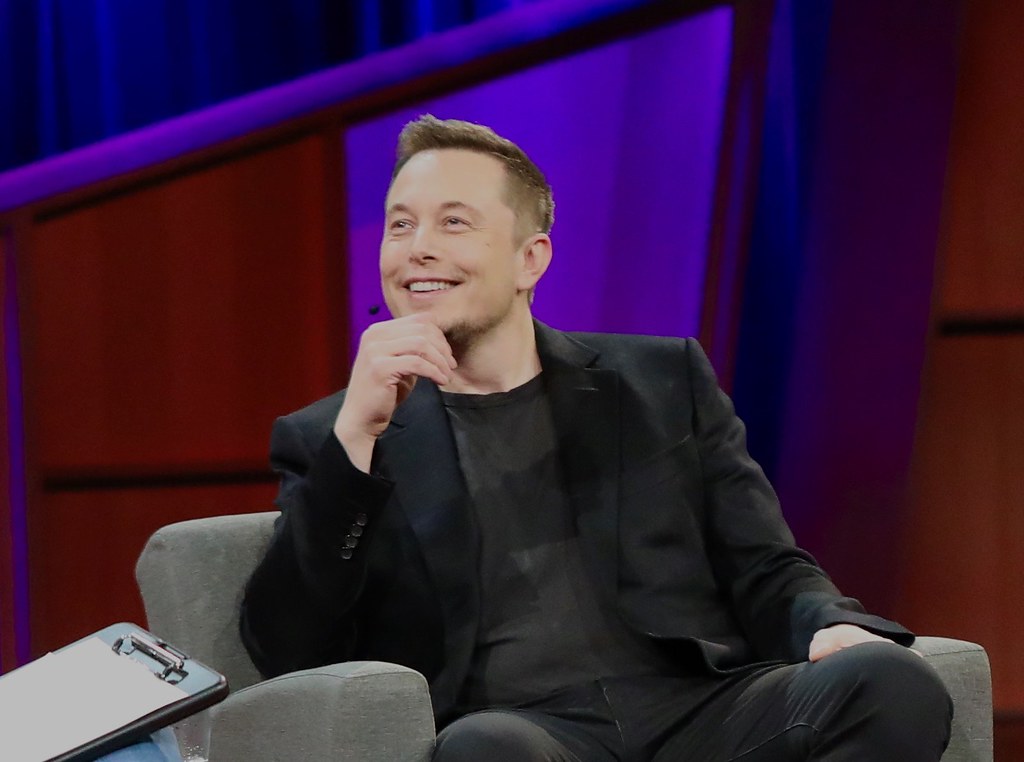
Retaining Musk Amid Talent Competition
The board emphasized that “Retaining Elon is more important than ever before” and approving the interim award is seen as “a critical first step” to ensure Musk remains focused on Tesla. Beyond past performance, the rationale reflects the competitive landscape for top talent, especially in AI. Denholm and Wilson-Thompson highlighted that “The war for AI talent is intensifying, with recent months including multi-billion-dollar acquisitions of companies and nine-figure cash compensation packages for non-founder, individual AI engineers,” and argued that “no one matches Elon’s remarkable combination of leadership experience, technical expertise, and decades-long proven track record.”
Tesla’s strategic pivot towards AI, robotics, and related services increasingly relies on Musk’s “unique vision and leadership.” Wedbush analyst Dan Ives called the award a “strategic move by the board to solidify Musk as CEO of Tesla” and emphasized it was essential to retain him as Tesla’s “top asset.”
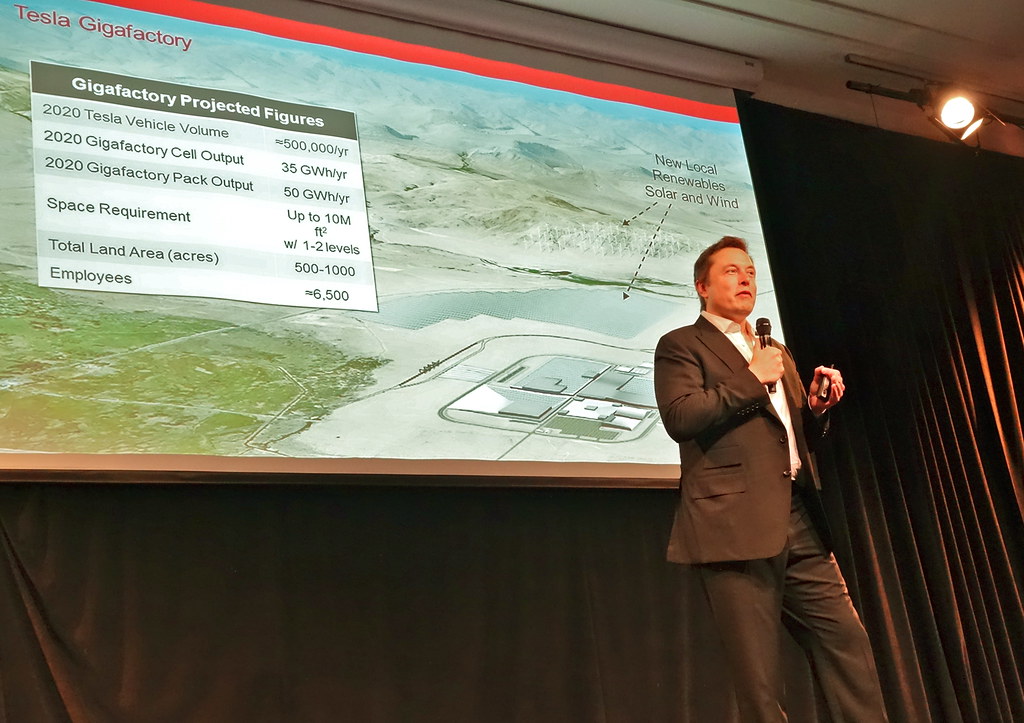
Musk’s Broader Leadership Role and Company Challenges
Beyond Tesla, Musk leads ventures including xAI, SpaceX, Neuralink, X Corp., and The Boring Company. The board expressed confidence that the award “will incentivize Elon to remain at Tesla and focus his unmatched leadership abilities on further creating shareholder value” and warned that losing him would diminish Tesla’s talent magnet effect.
However, Musk’s political involvement last year and early 2025 has affected Tesla, including shareholder protests at dealerships. Additionally, policy changes under President Donald Trump reportedly removed tax incentives and regulatory credits, historically key drivers of Tesla revenue. Sales have fallen sharply, with quarterly profits declining from $1.39 billion to $409 million, and revenue falling short of Wall Street expectations amid intensifying competition from Detroit and Chinese automakers.
Customer loyalty in the U.S. has also declined, dropping from 73% in June 2024 to 49.9% in March 2025 before rebounding slightly to 57.4% in May. Amid these pressures, Musk recently pledged to return full time to his companies, aligning with investor demands for his leadership.

Governance and Strategic Implications
The new award reignites debate over board independence, as critics note the board includes Musk’s close associates and his brother, Kimbal. Boston College Law professor Brian JM Quinn described the situation as “highly unusual” and noted that awarding a substantial pay package amid declining sales and profits is uncommon. Tesla’s relocation to Texas also limits shareholder lawsuits, requiring at least 3 percent ownership to initiate legal action.
New York City Comptroller Brad Lander, overseeing pension funds with Tesla shares, criticized the plan as “obscene” and asserted, “Tesla’s captive board is once again enriching Elon Musk at investors’ expense.” Despite criticism, the board has endorsed Musk’s strategic pivot toward AI and robotics, seeking to reduce reliance on traditional car sales.
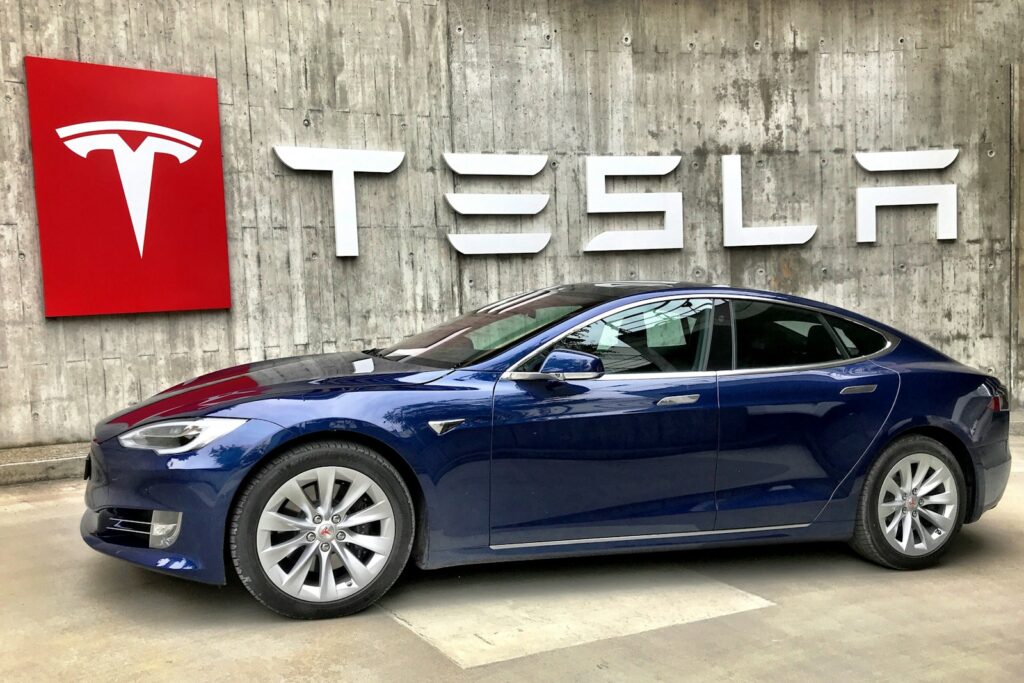
Tesla’s AI and Robotaxi Initiatives
Tesla’s robotaxi service is in limited testing in Austin, Texas, with an employee present to intervene if necessary, contrasting with competitors like Waymo, which operates fully driverless services in multiple urban areas. Autonomous driving ambitions also faced setbacks, including a Florida jury verdict partially attributing a 2019 fatal crash to software flaws. Musk acknowledged the need for balance between control and accountability, stating that he seeks sufficient oversight to guide Tesla while allowing checks on his authority.
The board is developing “a longer-term CEO compensation strategy” to be presented for shareholder vote at the November 6 annual meeting, suggesting that the current $29 billion award is one element of a broader framework.
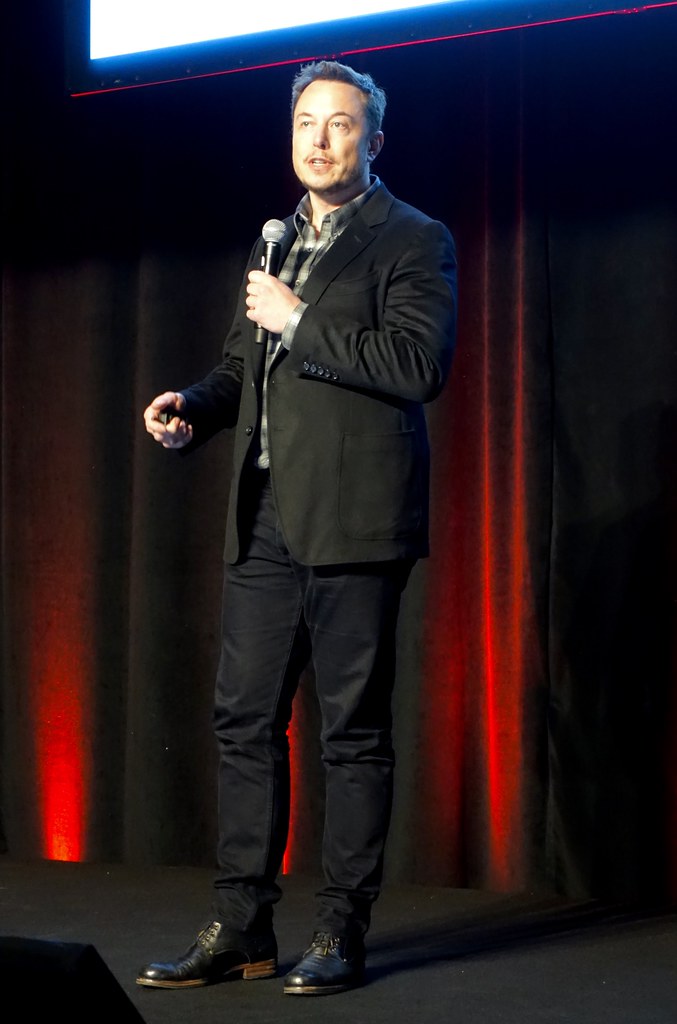
As Tesla navigates legal battles, strategic transformation, and market challenges, the board’s decision to award Elon Musk a substantial new pay package reflects a calculated effort to anchor a visionary leader. The move underscores the critical stakes in retaining Musk’s leadership amid an AI talent war, corporate restructuring, and ongoing market uncertainties. The company’s future will test the board’s resolve, investor patience, and Musk’s ability to guide Tesla through ambitious and complex strategic initiatives.



